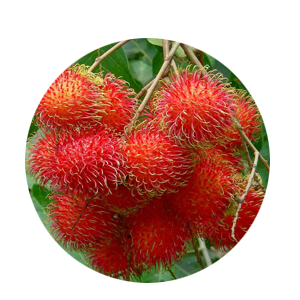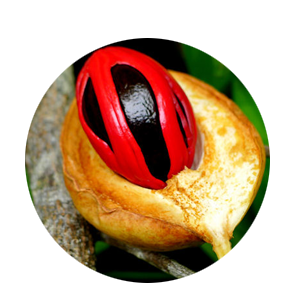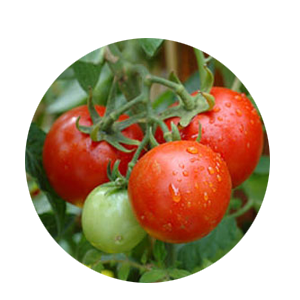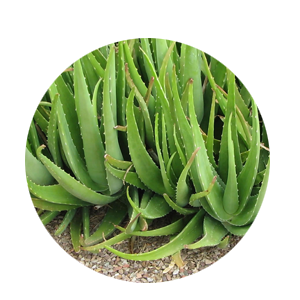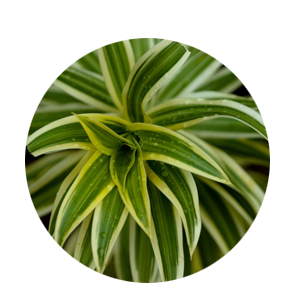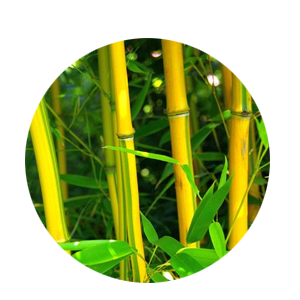Apple Simla - Grafted - (8X10 bag)

Item Description
GENERAL INFORMATION ABOUT A APPLE The apple tree (Malus pumila, or Malus domestica) is a in particular, be known as the KING of all fruits. Because this fruit has so many virtues. An apple is beautiful, tasty and has a fine fragrance. It is cultivated worldwide as a fruit tree and originated in Central Asia. On the outside it is a colorful fruit. It comes in various colors from green to red to gold. In taste an apple is tasty and juicy, and has various tastes from sour to sweet. One can eat an apple raw, cooked, or baked, and it can be used in various dishes. Apples are very good for ones health. An English saying is AN APPLE A DAY KEEPS THE DOCTOR AWAY Actually, an apple is good for one\\\\\\\'s digestion, and also has important vitamins and minerals. Apples also help to clean ones teeth after a meal. No other fruit has so many good qualities. Therefore, it is not surprising that the apple is regarded as the KING of all fruits. . Apples can grow anywhere, excluding extremely hot or extremely cold climates. HEALTH BENEFITS OF APPLE 1. Apples are nutritious 2. Apples may be good for weight Loss 3. Apples may be good for your Heart 4. They’re linked to a lower risk of diabetes 5. They may have prebiotic effects and promote good Gut bacteria 6. Substances in apples may help prevent cancer 7. Apples contain compounds that can help fight asthma 8. Apples may be good for bone health 9. Apples may protect against stomach injury from NSAIDs 10. The Antioxidants in apples may help protect your brain in old age
Item Description
will update sooon
Maintanance, Disease Management And Yielding
MAINTANACE OF THE PLANTATION Once a plantation has been established, the work should not be considered finished. It will be necessary, for example, to protect the plantation against weather, fire, insects and fungi, and animals. A variety of cultural treatments also may be required to meet the purpose of the plantation. FERTILIZING Generally, no manures or fertilizers are applied to rainfed crop. However, for early and bumper harvest with a good keeping quality, the following dose is recommended to a fully grown tree. Biomeal …. 10 kg, 5:10:5 1 Kg. Ormichem micronutrient mixture 0.250 kg at the time of flowering and another dose of 10:26:26 or 19: 19: 19 mixture after fruit setting. Foliar spray with 8:12:24:4 10 gm/lt, twice during fruit development. Occassionally, zinc or iron or both deficiencies are noticed and can be taken care of by spraying chealed zinc or Ferrous.. WATERING AND WEED CONTROL Young apple trees should be watered regularly until fully established. In dry western climates, water mature trees deeply at least every one or two weeks. Desert gardeners may have to water more frequently. Mulch the soil around the trees to conserve moisture. Weeding is also very important. Remove all weeds 1.5 meter around the plant. TRAINING & PRUNING As the trees mature they will only need a light pruning in late August - September. In mid-summer tip prune and remove the two leaves at the end of the branch. This will promote fruiting wood PEST & DISEASE FOR APPLE TREES Every fruit tree has the future potential for disease and insect damage. Factors such as location and weather will play a part in which issues your tree encounters. If available, disease-resistant trees are the best option for easy care; and for all trees, proper maintenance (such as watering, fertilizing, pruning, spraying, weeding, and fall cleanup) can help keep most insects and diseases at bay. HARVESTING YOUR APPLES The apples should be picked when mature, yet hard, with a mature skin color but a hard flesh. Gently remove the apples from the tree, keeping the stem intact. Sort through the apple harvest and remove any apples that have insect erosion
- Propogation Method : Grafting
- Plant Climate : Cool
- Plant Height : 2-3 feet
- Plant Weight : 3.5kg
- Plant Polybagsize : 8x10
Related Images
- Botanical Name : Malus pumila
- Malayalam Name : ആപàµà´ªà´¿à´³àµâ€
- English Name : Apple
“The Fruit which keeps the doctor away.â€
Planting Instructions
PLANT THE RIGHT TREE AT RIGHT PLACE Growing space both above and below ground should be considered when selecting a tree to plant. Too often allowances are not made for the increased size of the tree when it matures. Most problems can be avoided by selecting the proper tree species for the available planting space. GENERAL TIPS 1. Plant at least 3 meter from main overhead utility wires on street or to your home. 2. Plant at least 3 meter from a building. 3. Plant at least 1 meter from sidewalks, driveways, patios and fences. 4. Plant at least 6 meter from other large trees. 5. Plant at least 3 meter from small trees. 6. Prioritize your tree planting with the sun’s direction to maximize shade by planting on the southwestern and western sides of your home BASIC PARAMETERS TO PLANT AN APPLE TREE 1. Soil : Apples trees can grow in a wide range of soils from medium textured clays to gravelly sands. However, poor soils will produce poor results and the best crops are found on fertile sandy soils and loams. 2. Planting Distance : For Commercial Plantation: -The average number of plants in an area of one ha. can range between 200 to 1250. Four different categories of planting density are followed viz. low (less than 250 plants/ha.) moderate (250-500 plants/ha.), high (500-1250 plants/ha.) and ultra high density (more than 1250 plants /ha.). The combination of rootstock and scion variety determines the plant spacing and planting density/unit area. For Home Garden: -In a home garden generally we are planting one or two apple trees along with other species of fruit plants. So it is better to keep minimum 3 meter distance from other plants to plant an apple tree. 3. Pit size : Minimum 60cm width X 60cm Breadth X 60cm depth 4. Sunlight : 100% sunlight is best but can grow up to 50 % shade 5. Watering: During dry weather, initially water the plant once in two days and after one month of planting water every 7 to 10 days during the first year. TEN TIPS FOR PLANTING A APPLE TREE 1. Dig a hole/pit 3 to 4 times wider than the container (Normally 60cm X 60cm X 60cm is recommended). Fill the pit with top fertile soil to allow for proper root growth. Avoid clay type soil to refill the pit. 2. Add 250 gm Rock Phosphate or Born Meal and 3 to 5 kg Cow dung or compost in the top soil of the pit and mix it thoroughly (Thorough mixing of manure with soil is very important because direct contact of manure with the roots of the plant will cause the damage of roots and plant). 3. Make a small hole in the pit and carefully remove the plant from the container/pot or poly bag keeping the soil around the roots intact. Don‘t yank the plant out of the pot or poly bag as this can separate the roots from the tree. Poly bags can be easily removed by cutting it by a knife and pots can be removed easily by hitting slightly at the top edge of the pot. 4. Set the plant in the middle of the hole. Avoid planting the tree too deep. Keep the base of the trunk is slightly above ground level. Using some soil, secure the tree in a straight position, then fill and firmly pack the hole with the original soil, making sure there aren‘t any air pockets. 5. If the plant is Grafted or Budded make sure the grafted or budded portion of the plant is above the soil. Do not allow to touch the grafted or budded portion in the soil as it burns the skin of the plant. 6. Create a water-holding basin around the pit and give the plant a good watering. After the water has soaked in, spread protective mulch 2–4 inches deep in a 3-foot diameter area around the base of the tree, but not touching the trunk. Also provide a stich as a support for the plant, if needed. 7. The soil and mulch around your plant should be kept moist but not soggy. During dry weather, initially water the plant once in two days and after one month of planting water every 7 to 10 days during the first year. 8. Remove any tags and labels from the tree as these will affect the tree as it grows. You may need to prune any broken or dead branches. For Budded or Grafted plants it is very important that do not allow the growth of off shoots under the grafted/budded portion. Allow the growth of budded/grafted scions only. 9. Do not use chemical fertilizer or any other chemicals on your newly planted trees. Such products will kill your young trees. If needed you can add chemical fertilizers in small quantity (generally below 100gm) after two to three months of planting with sufficient irrigation. 10. Do not over water or allow rain water so much that you see standing water in the pit area of the plant. It will damage the plants roots and results the die of your plant.




